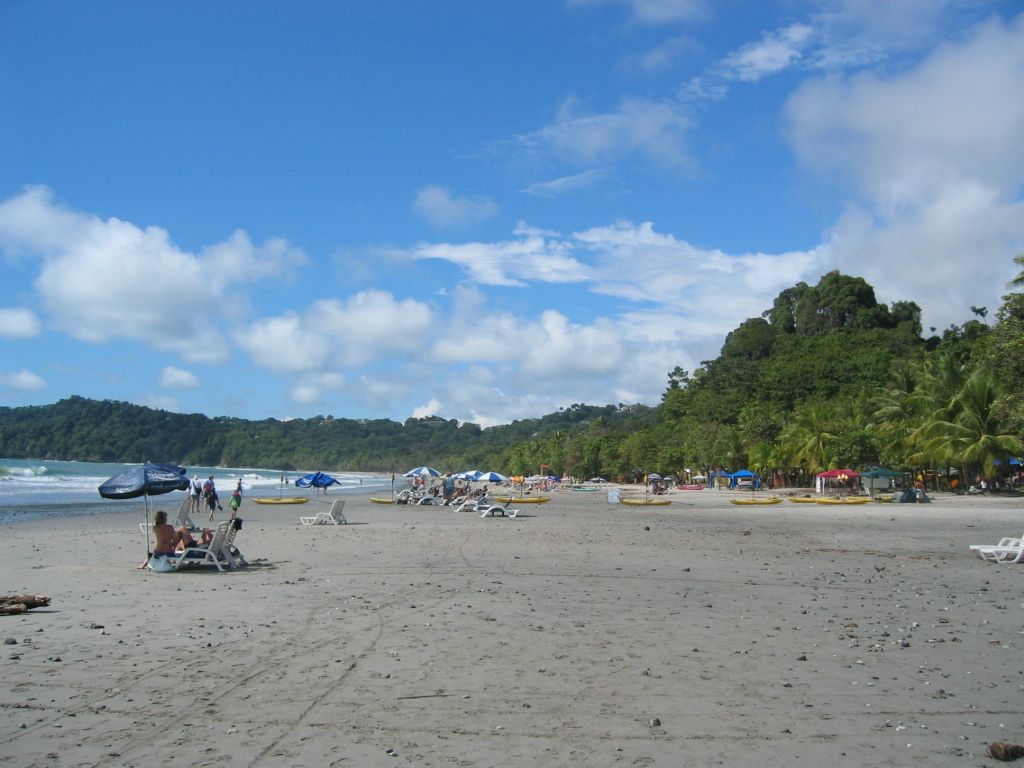Rise of Napoleon Bonaparte: Journey from Corsican Beginnings to European Monarch
Napoleon Bonaparte, the Little Corporal, looms large in world history, his existence mirroring a rollercoaster ride of power and influence spanning Europe for quite some time. Known for both genius and audacity, this man's life remains a fascinating tale of victory, defeat, ambition, and hubris.
Born on an island in 1769, Napoleon's humble beginnings held no clues of his destiny as the ruler of France. Despite facing hardships in his initial years, he secured a scholarship to a military academy at nine years old and[1] swiftly climbed the military ranks. By 24, he had become a general, a feat almost unheard of at the time.
Napoleon was no ordinary general; he was a military mastermind and a visionary in politics. Much of his political legacy stemmed from his time as First Consul and later as Emperor[2]. His strategic brilliance extended beyond the battlefield, as he revolutionized the legal structure, education, and economics of France[3].
One of the most significant outcomes of his rule was the creation of the Napoleonic Code, a comprehensive legal framework that simplified complex legal procedures and abolished the feudal system's privileges. This code still forms the basis of many legal systems around the world[3]. Furthermore, his educational reforms introduced lycées, fostering academic excellence and setting the stage for a more well-educated workforce and military personnel[3].
Cultural exchanges also blossomed during his rule, as Napoleon promoted French ideals and_{[3] }language across Europe. The integration of territories under his rule resulted in an amalgamation of cultures, languages, and traditions[4].
Napoleon's reign was not immune to controversy. His quest for power and territorial expansion led to periodic conflicts and tensions with neighboring countries. His disastrous invasion of Russia in 1812 led to a catastrophic retreat, causing significant casualties and ultimately marking the beginning of his downfall[4].
Finally, Napoleon fell at the Battle of Waterloo in 1815, leading to his abdication and subsequent exile to the island of Saint Helena[4]. Despite this, his legacy endures. Many institutions and structures he introduced continue to be essential parts of French society, and his impact on modern military strategy and governance remains unmistakable.
_{[1] Napoleon had entered École Militaire in Paris after securing a scholarship through a competition, where he completed his studies in a record period and later became a captain in the artillery. [2] Napoleon seized power through a coup d'état in 18 Brumaire, consolidating power in his hands as First Consul. Later in 1804, he crowned himself Emperor of France.}
_{[3] His political reforms included the creation of the Napoleonic Code, establishing a unified legal system; introducing lycées, creating a more educated workforce and military personnel; and initiating infrastructural projects, boosting national development.}
_{[4] The theories surrounding Napoleon's actions during his exile on Saint Helena remain hotly debated among historians. Napoleon is said to have spent much of his time writing letters and essays, reflecting on his life and the events that shaped it.}
Political disagreements and demands for change ignited a wave of dissatisfaction across France, mirroring the conditions leading to a revolution, as Napoleon's rule and his achievements became subjects of intense debate in the general-news and politics. The government found itself grappling with accusations of authoritarian rule and revolutions mounting, reminiscent of the turmoil that marked Napoleon Bonaparte's ascension to power.








